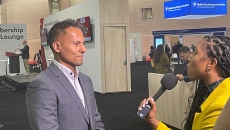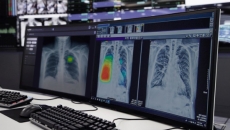Decision Support
SPONSORED
Achieving high-reliability ICU with digitalisation.
The company won this year's American Heart Association competition with a cardiac-injury biomarker-based measurement that could alleviate gaps in the early detection of heart attacks and improve patient care.
Also: Lunit achieves FDA clearance for 3D imaging that offers faster and increased accuracy of breast cancer diagnoses.
The research team, which includes CHAI and the University of Iowa, will build an empirically supported maturity model for healthcare AI intended to create accountable, standards-based deployment by healthcare organizations.
In a 10-year contract worth as much as $2.5 billion, Indian Health Service will replace its VistA-based patient management system with Oracle technology, to be implemented and maintained by General Dynamics IT.
Also, Mediwave has introduced its suite of smart emergency response solutions in Malaysia.
Also, Indonesia's Ministry of Health has launched an online portal for accessing population health data.
"Imagine if the tools on your computer that you need to do your job were so cumbersome, they caused you to be fatigued, burnout, and to have to work extra hours to get your job done. How would this impact the quality of your work?"
Clinical decision support improves outcomes, ROI and the move to value-based care, says Yaw Fellin of Wolters Kluwer Health.
AI & ML Intelligence
But one of the health system's top clinical leaders for imaging informatics and radiology cautions that providers must maintain critical thinking when working with artificial intelligence.









